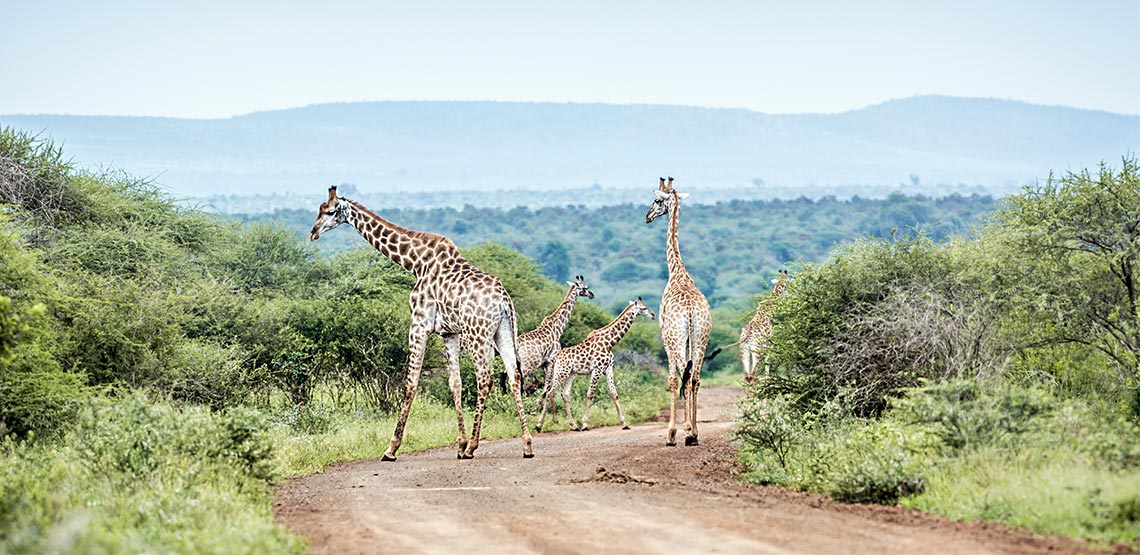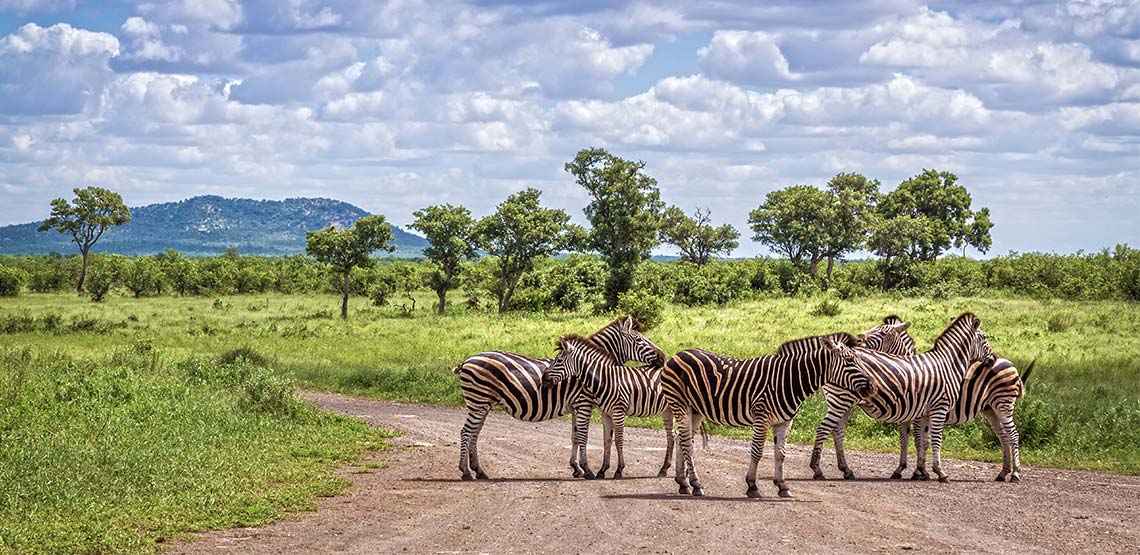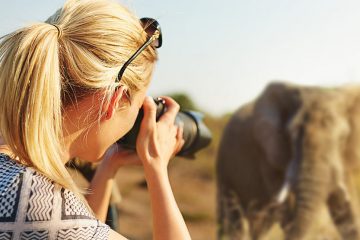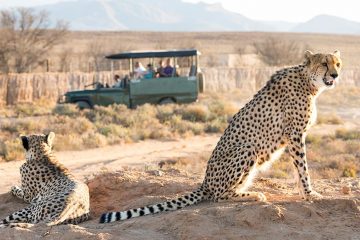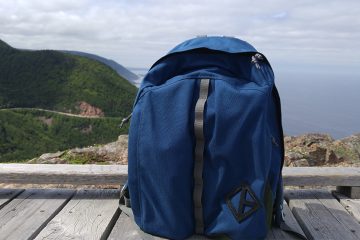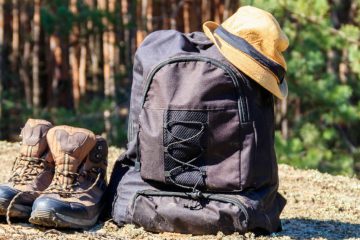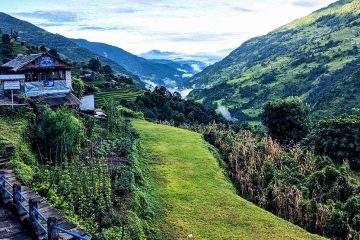Wild Animals & Wild Sights: How to Plan a Kruger National Park Safari
What Kind of Experience Do You Want to Have?
Kruger National Park is the largest game reserve in South Africa — a vast protected area where wild zebras, lions, giraffes and other creatures roam. Going on a wildlife safari in this beautiful park is a fantastic opportunity to see these amazing animals roaming in their natural habitat.
Read on to learn more about Kruger National Park safaris and what you can expect from this unique wilderness experience.
How Much Does It Cost?
The cost of your safari will depend on whether you opt for the most luxurious lodges, or basic tented camps. For example, there are some camps that have rates as low as $18 to $20 per night. Yet, some of the most expensive luxury camps can cost several times that — sometimes even more than $1,000 per night.
At a basic camp you’ll be in a simple tent with a shared bathroom. In a luxury camp you might have your own bungalow with a proper bed, bath, electricity, WiFi and more.
Also, don’t forget to factor in the other expenses, such as the $25 per day park fee. You’ll also need to pay for food, give tips to your driver and much more. For more details, check out this great article on the costs of African safaris. Also, Erin at Never Ending Voyage wrote a blog post breaking down her costs for a safari getaway in Kruger National Park.
What’s the Best Time of Year to Go?
The best time to visit Kruger National Park is the dry season. In other words, the months between April and September. The temperatures will be mostly pleasant — not too hot in the day and not too cold at night. The best thing about this time of year is that it is the dry season, so vegetation will be sparse.
This means it will be easier to spot animals due to the lack of foliage. Also, the animals will be more likely to be gathered around watering holes out in the open.
If you visit during the wet, lush, green season from October to March the landscapes will be more beautiful but the animals will be better able to hide. Also, November will be the most expensive time of the year to visit because this is when South Africans have their holidays.
Are There Any Age Requirements?
The recommended age for a Kruger National Park Safari is 16 years. There is no legal minimum, but 16 is the age recommended by the Field Guides Association of South Africa. Visitors aged 12 to 16 might be able to participate in the bush walks as long as they are accompanied by an adult.
Any adult in charge of a child under the age of 16 should take full responsibility in making sure the child obeys all instructions from park rangers.
Safaris can get hot and dirty, so wearing and bringing the right items is important. Here's everything you'll need on your safari packing list.
What Should You Expect?
There are a few different ways to experience Kruger National Park. You can go on a game drive, or you can do a self-drive safari with your own car. A game drive involves traveling through the African savanna in a 4×4 vehicle with high seats and a canvas roof. You’ll have a safari ranger with you who will know where to find the animals and will tell you all about what you’re seeing.
Other activities available might include a full-day game drive or a bush walk, which involves walking through the savanna in a small group with an armed guide. Or, you can take a night drive and spot some of the nocturnal creatures.
Smart Safari Tips
- Listen to the safety advice of your guides. They have a lot of experience around these animals and they know how to avoid danger.
- Bring sunscreen even if you are visiting in winter. The sun will be very strong.
- Take your own binoculars, so you don’t have to wait your turn to use the shared ones your guide provides.
- Never feed the animals — it’s not only dangerous but also detrimental to their survival.
- Don’t forget to give tips to your safari guide, as well as to the general staff of the lodge.
- Bring along a book to read, as you won’t necessarily have WiFi during your downtime!
- Be prepared for early mornings, as this can be the best time of the day to see wildlife.

